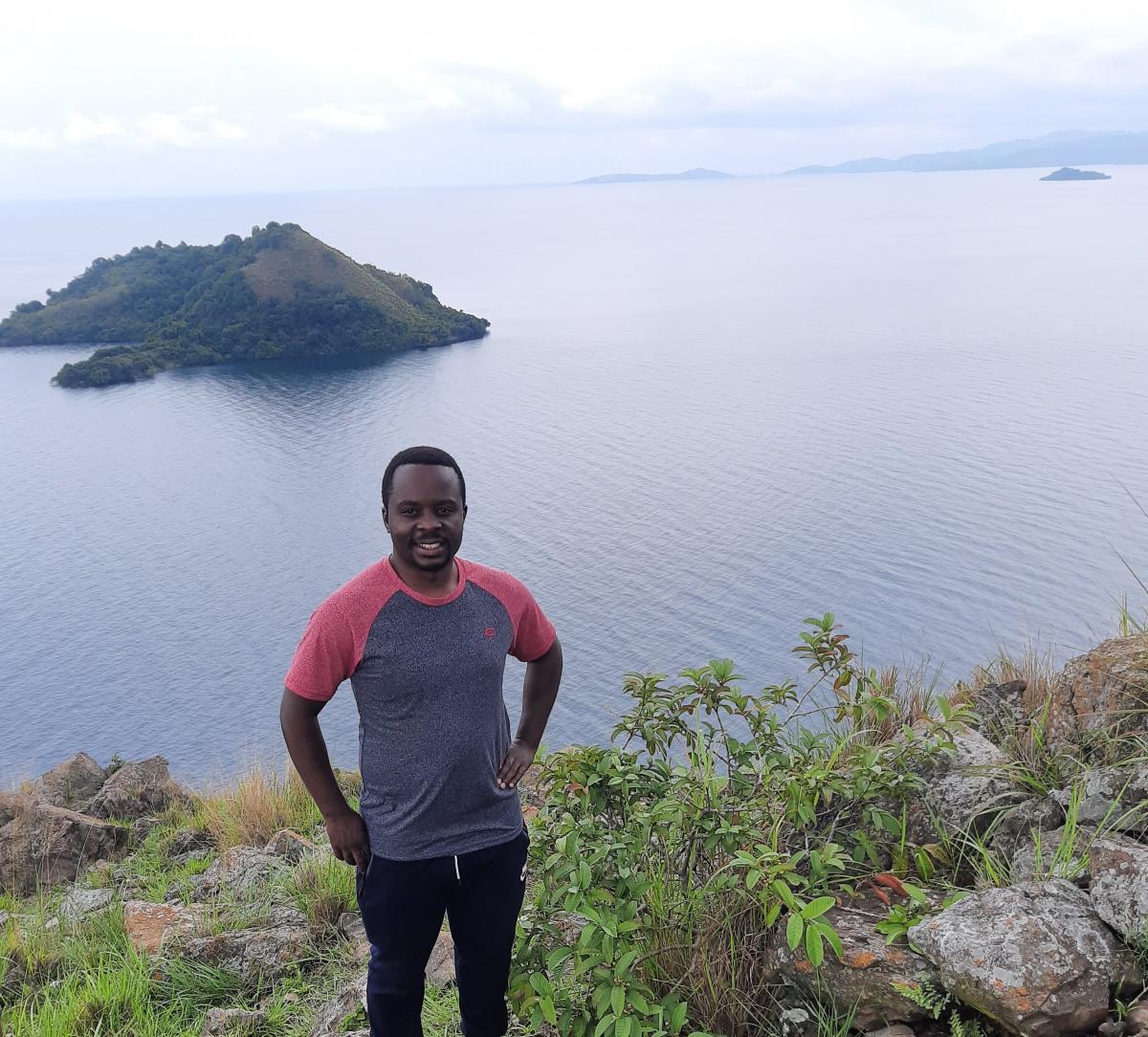
What inspired you to pursue a graduate degree in global health?
I am a health professional and researcher from Rwanda. I joined the PhD program from the University of Global Health Equity (UGHE) in Rwanda, where I served as a Lecturer at the Department of Global Health Delivery. At UGHE, I taught an Evidence-Based Global Health Delivery course that includes research and biostatistics concepts and supported students with their research projects.
Before joining UGHE, I was a Research Associate at the Clinton Health Access Initiative (CHAI). There I was involved in program evaluation to generate evidence for decision-making in the Rwanda Ministry of Health. Before working at CHAI, I held several other positions, serving as M&E and Quality Assurance Manager at Society for Family Health (SFH) in Rwanda and as a nurse and mentor in the Rwinkwavu District Hospital.
I hold a master’s degree in Global Health Delivery from the University of Global Health Equity (UGHE), and a master’s degree in Epidemiology from the University of Rwanda.
My career and academic journey have taken me to explore different dimensions of global health. Working in monitoring and evaluation or research at different institutions showed me the demand for qualified professionals with advanced research skills. As a university lecturer, I further understood the importance of linking academic research and implementation to design effective and impactful programs. At the personal level, looking back at my earlier research projects, many of the questions could be better answered by using advanced implementation research methods. However, due to my limited skills in these methods, the methodological inputs I could provide were limited.
Why did you decide to attend the UW for graduate school?
I decided to attend the UW’s PhD program in implementation science to build advanced research competencies because not only does UW provide a rigorous, novel, and top-tier implementation science training program, but it also has many high-impact types of research from research centers and institutes spanning a range of fields, which link academic research and implementation and allow to apply knowledge into real-world practice.
Additionally, UW graduate school is student-centered and emphasizes diversity and inclusion. The school supports many students throughout the programs with awards and fellowships. I was fortunate to be among the award recipients and that indeed influenced my decision to attend UW for graduate school.
What are your research interests?
My previous research works have been focusing on Maternal and Child Health. I am more interested in methods to assess healthcare use, life course outcomes, and testing interventions to improve health outcomes, especially in maternal and child health. I am also interested in teaching in higher institutions for capacity building, especially in low-income countries.
What are you enjoying most about your graduate program?
I am so glad to transition from “virtual teaching” to face-to-face teaching. We are all adapting to Covid-19 pandemic challenges, and I have appreciated how the program is adaptive and supportive. I particularly like that all lecturers are recorded, which helps students to revisit the lecture. Furthermore, the knowledge and skills provided by the UW-experienced faculties are impressive yet inspiring. I felt fortunate to be part of the UW community.